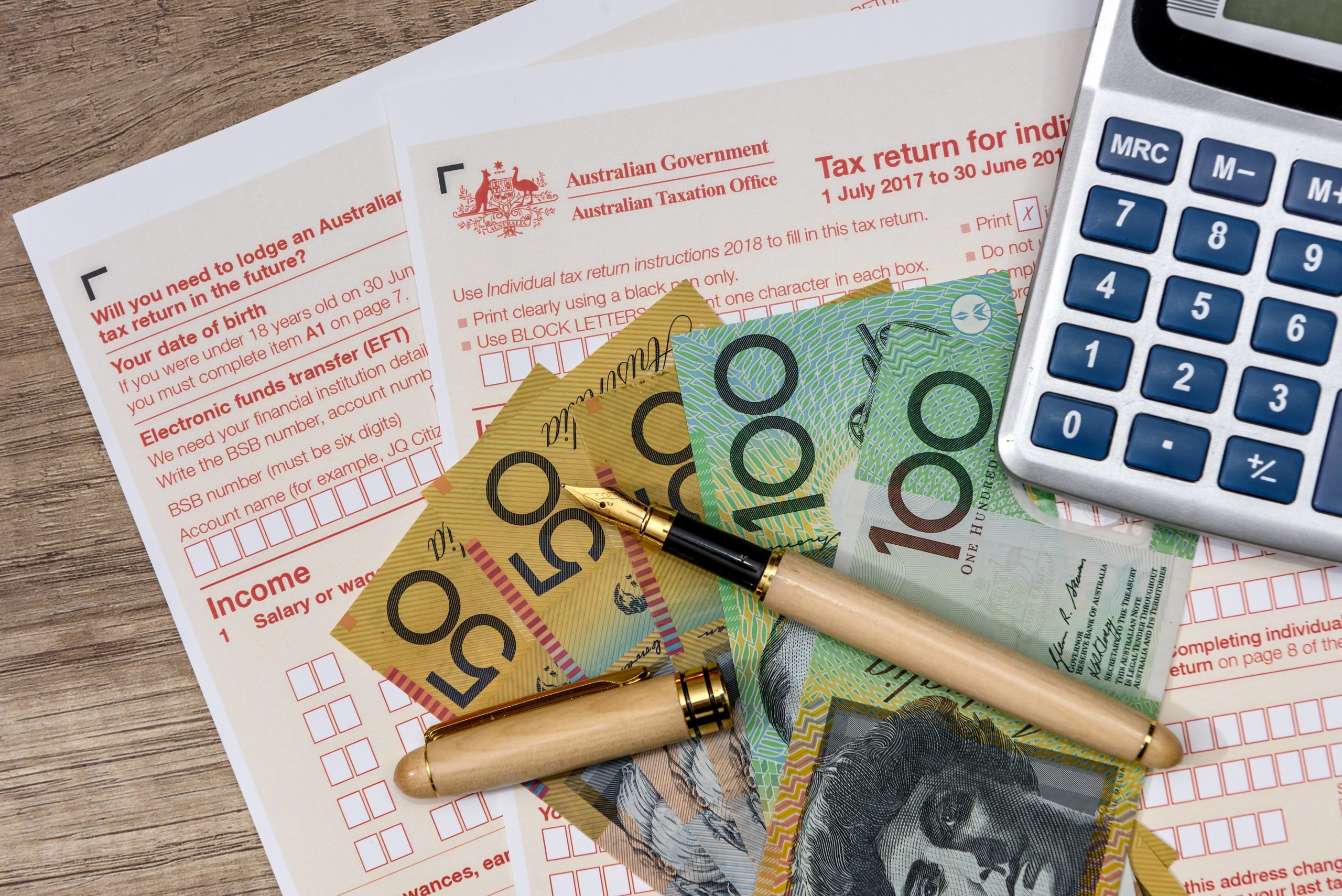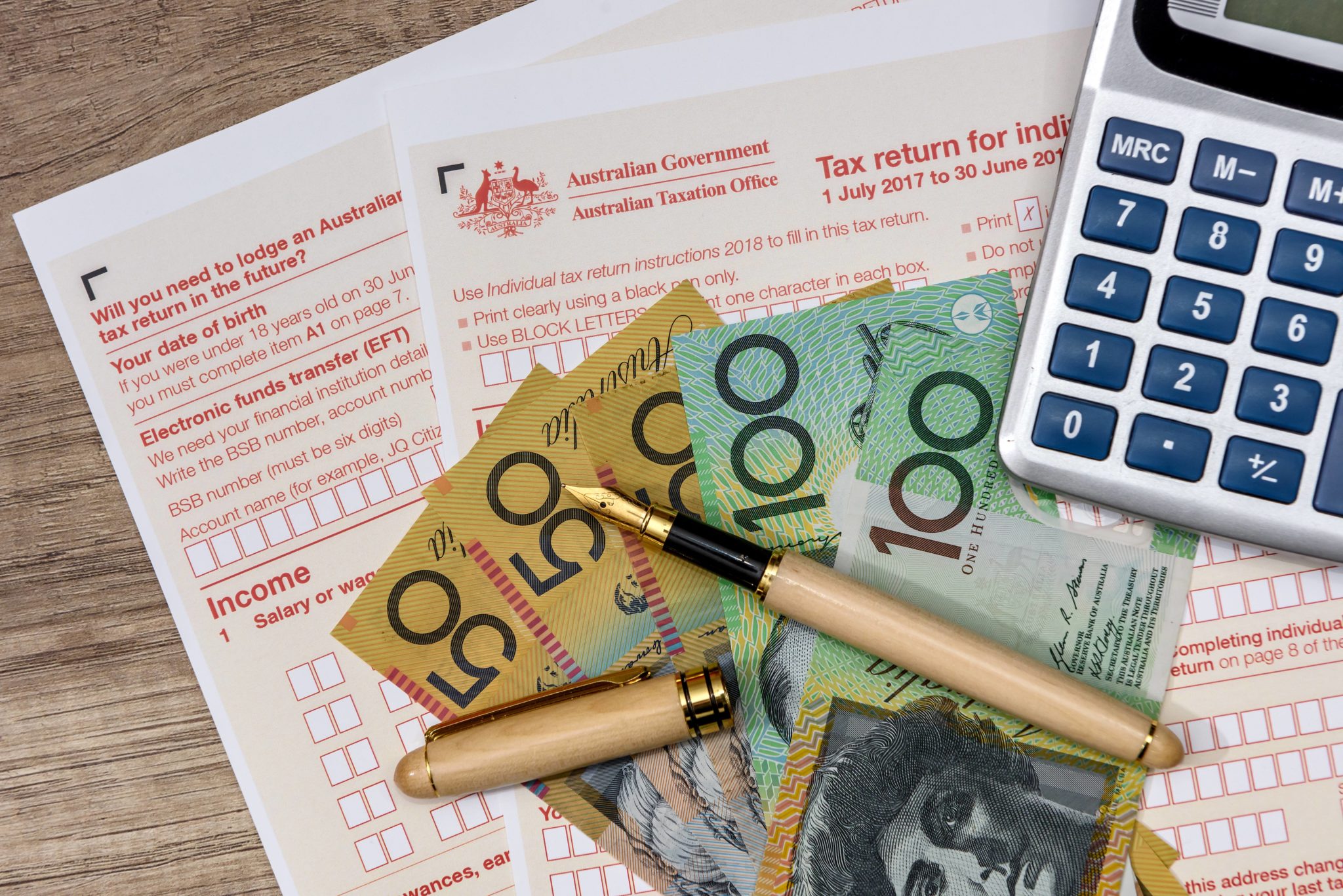
Everyone in Australia has the right to work and earn an income. That income helps you to enjoy the benefits of a free and equal society. Australia has a wide range of successful industries that operate across all states and territories. There is a wide range of professional and industry qualifications that can help you find and keep a job. We all expect each other to contribute to and share in Australia’s wealth.
Finding a job in Australia
The Australian labour market can be very competitive. How quickly you can find a job in Australia depends on economic factors, qualifications and skills, the type of work you are seeking, and particular circumstances which may affect the availability of certain types of work in different parts of the country. Australian work experience is invaluable and should be a priority if you are struggling to find work in your desired field.
If you do not already have a source of income or a job available, and provided your visa allows it, you will need to look for work. Approval to migrate, permanent residency and/or citizenship do not guarantee you a job.
Applying for a job
Your success in gaining employment depends on a number of factors. The factors include:
- where you plan to work,
- economic conditions,
- your skills,
- your qualifications and
- the demand for employees.
Employers advertise for employees in many places. If you are new to Australia, your best option for finding employment is to respond to job vacancy advertisements. The advertisement will inform you of the type of work required, location and other important information.
When you find a job vacancy that is suitable, the advertisement will tell you how to apply for the position and the name of a person to contact for more details. Your application will usually require:
- a cover letter stating the position you wish to apply for and why you should be considered for the position based on your skills, experience and qualifications
- a resume showing your personal details (name, address, phone numbers, email address etc), skills, previous jobs and experience, education and qualifications
- copies of references from previous employers, or their contact details
- copies of educational and trade certificates relevant to the job
The Australian Government’s employment service program jobactive can help you with writing job applications and interview techniques. Visit the jobactive site for more information.
Once you are successful at obtaining a job, you will need to supply your new employer with your bank account details and your tax file number. Refer to the Money – managing your finances page for further information about tax and superannuation.
Where to find Jobs in Australia?
Jobs advertised in newspapers
Find the local newspaper from the area you’ll be living:
Online job websites
There are many online jobseeker websites in Australia including:
- Adzuna
- Careerjet.com.au
- CareerOne
- indeed
- Jobjobsjobs.com.au
- Jobactive.gov.au
- Jora
- LiveHire
- NowHiring
- Recruit.net
- SEEK
Recruitment agencies
Recruitment agencies advertise specific positions in newspapers and on jobseeker websites on behalf on employers. If you notice that one recruiter is advertising a number of positions in your area of expertise, you may want to contact them to discuss your career plans and register your interest for upcoming opportunities.
Voluntary work and work experience
Voluntary work and work experience can include paid or unpaid work in the public or private sectors. This work provides an insight into in the Australian workforce as well as valuable work experience to help you apply for jobs and develop your skills. Voluntary work and work experience can also lead to gathering Australian referees which will help with your job search.
Ways to find suitable voluntary work or work experience include:
Employment qualifications and recognition
Some occupations have special requirements. This could include registration or licensing with a government authority and/or membership of a professional or industry association. The Qualification Recognition site (managed by the Department of Education) helps you to find out how you can have your qualifications recognised.
Trade qualifications are assessed by the Department of Education through Trades Recognition Australia.
Many careers will require some form of qualification for even entry level jobs. If you have a particular industry in mind, browse through ads for similar jobs or visit industry websites. The Education page of this website can give you some general ideas on what sort of education is available and where to go for more information.
Work rights in the Australian workplace
Australia has laws on minimum wages and work conditions. These laws are designed to ensure equitable working arrangements for all Australians. The laws specify the types of legal agreements that define the work relationship between employers and employees.
They vary between enterprise bargaining of whole organisations to individual common law contracts. Industrial relations law makes the workplace fair, safe and productive for both employers and employees. Protected working conditions include:
- minimum rates of pay
- hours worked
- leave
- free association with any organisation
- occupational health, safety and welfare
These conditions can vary greatly depending on your job and industry. To ensure fairness for all employees, Australia has a Fair Work Ombudsman who monitors compliance with industrial relations laws and investigates breaches of the law. The Ombudsman provides a free service that you can access if your conditions or safety at work is a concern to you or your family. More information on the Fair Work Ombudsman and access to the services is available on the Ombudsman’s website.
The Australian Human Rights Commission investigates and resolves any complaints about discrimination in the workplace. Discrimination can come in a variety of forms on the basis of sex, race, age, disability, trade union affiliation, religion, sexual preference or political opinion.
Safe Work Australia has information on work health and safety and workers’ compensation in Australia.
Unemployment support
If you do not have a source of income or a job, you still need to support yourself and your family while you look for work. Help is available from a number of sources for new arrivals. If you have a sponsor, ask them about the support they are willing and able to provide. If you have an ‘Assurance of Support’, the assurer has agreed to support you for your initial period in Australia.
Centrelink, through Services Australia, is the agency that delivers social security payments and related services. Generally, you are not able to receive payment until you have lived in Australia as a permanent resident for up to four years. Age and disability pensions are available to those who have lived here for 10 years. If you are a refugee or humanitarian entrant, you do not need to wait to access social security payments.
Centrelink has aMigrants, refugees and visitorspage that contains translated materials and specific information for new arrivals on how to access social security payments.
Superannuation
All Australians will contribute to a superannuation account which is a savings and investment account for your retirement. Superannuation, or ‘super’ for short, is paid by your employer at a set percentage into a specialised account while you are working. It is only accessible after you reach the legislated retirement age.
Useful Links
Job Outlook
Job Outlookis a careers and labour market research information site to help you decide on your future career. It provides useful information on the number of people employed in each industry or occupation and what they earn.
TheCareer Quizcan help you identify the types of work that might suit you.
Skills Recognition
Both businesses and individuals benefit when an individual’s prior skills, experience, knowledge, qualifications or licence are formally acknowledged.
Recognition can include:
- recognition of prior learning
- recognition of current competency
- credit transfer (including national recognition)
- trade recognition overseas qualification assessment
- mutual recognition of occupational licences.
Find more information aboutSkills and Licence Recognition
Qualification Assessment
Many organisations assess overseas qualifications in Australia. Why you need your overseas qualification assessed will determine which organisation you need to contact.
Find out more aboutQualifications Recognition
My Skills
Themyskillswebsite is the national directory of vocational education and training (VET) organisations and courses. It is a federal government initiative to enable consumers to search for, and compare, VET courses and training providers.
Australian Apprenticeships
TheAustralian Apprenticeshipswebsite provides quick and easy access to information regarding Australian Apprenticeships.
Skills for Education and Employment
TheSkills for Education and Employmentprogram provides language, literacy and numeracy training to eligible job seekers, to help them to participate more effectively in training or in the labour force.
The Friendly Nation Initiative
The Friendly Nation Initiative is a business led strategy that seeks to increase employment, mentoring, training, and internship opportunities for refugees and humanitarian migrants. With a particular focus on the special intake of 12,000 Syrian and Iraqi refugees, it recognises that creating pathways to employment is a crucial step in the process of resettling newly arrived refugees.
Watch theFriendly Nation Initiative video
Read more about theFriendly Nation Initiative
jobactive
jobactive (for job seekers)is a free government service that can help you find and keep a job.
You may also be eligible for wage subsidies if you recruit through jobactive. For more information visitjobsearch.gov.au
My Future
TheMy Futurewebsite helps you identify your interests, build your career profile and explore occupations.
New Enterprise Incentive Scheme
TheNew Enterprise Incentive Schemeprovides individualised help for job seekers to become self-employed business owners.
Australian Core Skills Framework
TheAustralian Core Skills Frameworkis a tool which assists both specialist and non‑specialist English language, literacy and numeracy practitioners describe an individual’s performance in the five core skills of learning, reading, writing, oral communication and numeracy.
Source:
Australian Government Department of Home Affairs.
https://immi.homeaffairs.gov.au/settling-in-australia
Need help with your Visa?
NO BORDERS LAW GROUP:#1 TRUSTED MIGRATION AGENTS
Email:[email protected]
Tel:+61 (07) 3876 4000
We will help you exploring visa options and securing application. No Borders Law Group is experienced in the migration and Australian visa application, and our migration agents and lawyers have extensive knowledge in the legal requirements, eligibility criteria, and the supporting documents required.
Simply dial 07 3876 4000 or email:[email protected]and let us help you start with your way towards obtaining an Australian visa.

